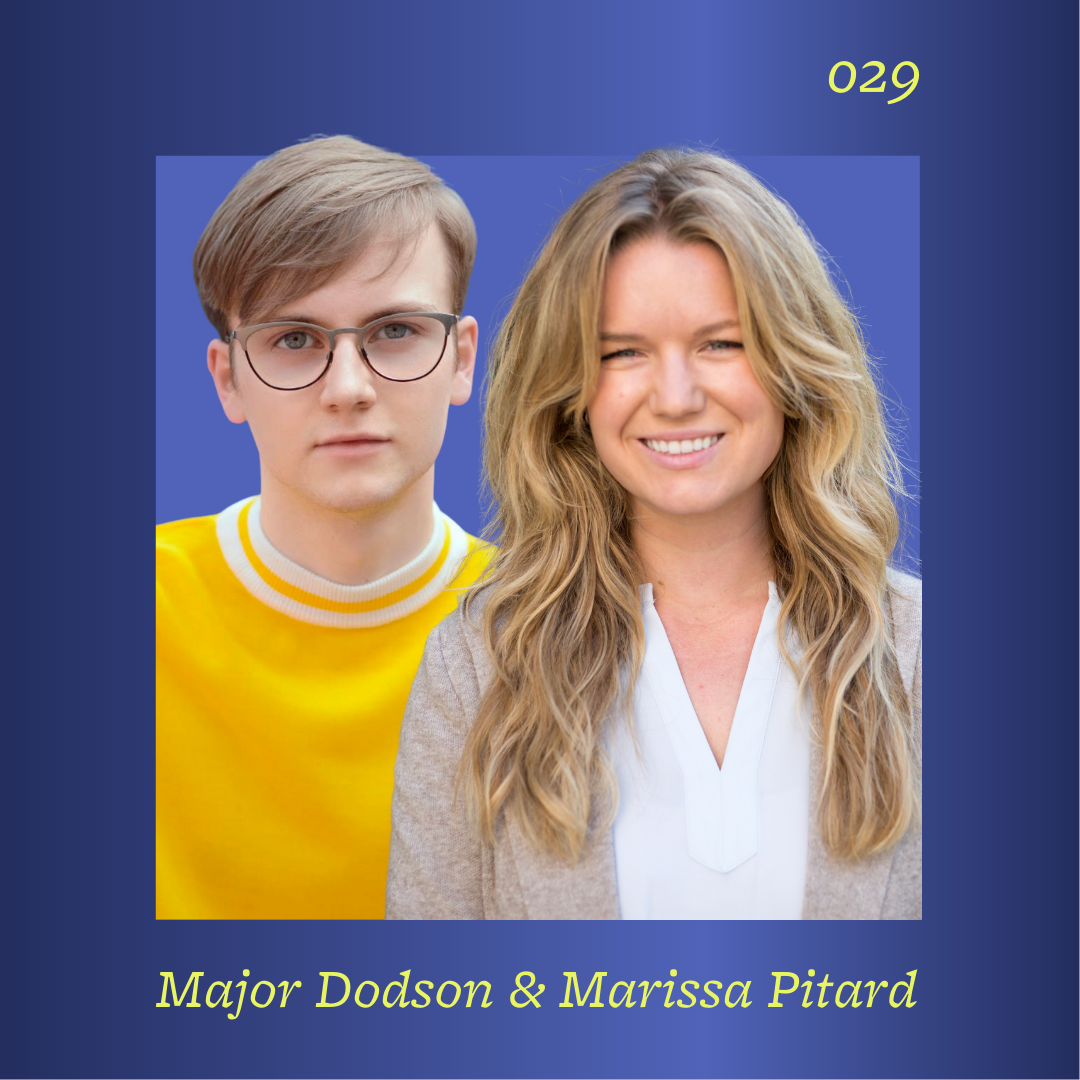Appreciating Neurodiversity
Just because a computer isn’t running a Windows operating system doesn’t mean it’s broken, it’s just different.
Same goes for people who are “neurodivergent”, a term used to describe any kind of divergence from dominant cultural norms of neurocognitive functioning. This can include people living with autism, ADHD, OCD, epilepsy, synesthesia, dyslexia, and more.
Neurodiversity is a term coined by Australian sociologist Judy Singer in 1998, conveying the idea that the neurological differences shaping how people think and interact are natural variations to the human genome. Neurodiversity therefore isn’t something to be “fixed” but understood and accommodated.
“Neurodiversity is:
- a state of nature to be respected
- an analytical tool for examining social issues
- an argument for the conservation and facilitation of human diversity”
— Judy Singer 2020
The Neurodiversity Movement
A long history of systemic medical and social misunderstandings and maltreatment have caused a great deal of suffering among neurodivergent people, preventing them many from reaching their full potential. The neurodiversity movement is a grassroots movement based on the idea that each brain is different and some more different than others. It is a political movement aligned with dis/ability rights, and is dedicated to eradicating stigmas and barriers faced by neurodivergent people.
The movement is built on the idea that just as conserving biodiversity is necessary for a sustainable, flourishing planet, so respecting neurodiversity is necessary for a sustainable, flourishing human society.
April is Autism Month
April used to be known as Autism Awareness Month. But in 2021, the Autism Society of America announced the shift in terminology to Autism Acceptance Month. It's a simple – but important – revision.
Autism spectrum disorder (ASD) is a developmental disability caused by differences in the brain. Scientists believe there are multiple causes of ASD that act together to change the most common ways people develop. We still have much to learn about these causes and how they impact people with ASD.
The diagnosed autism population has gone up 241% since the year 2000, and the CDC’s most recent estimates are that 1 in 44 kids are on the spectrum.
Appreciating Neurodiversity
Episode 29 of The Heart of Healthcare Podcast features guest host Marissa “Missy” Pittard, co-founder of Beaming Health, which aims to create a better world for neurodiverse families. Marissa is neurodivergent herself, as she struggles with sensory processing challenges that make it difficult to navigate typical environments. She founded Beaming Health because the status quo for families is simply unacceptable.
Marissa interviews guest actor Major Dodson. Major was diagnosed on the spectrum as a young child and benefited from early intervention services, such as speech therapy, which supported him toward his goals. Acting played a major role in his development, and he has had quite the successful career so far. He has been featured in popular TV shows, such as The Walking Dead and American Horror Story, and most recently the movie Tyson’s Run which is in theaters nation-wide right now.
Listen


